What if the strangest moments in life are not accidents at all, but echoes of eternity whispering through time—reminders that your soul has walked this path before, that memory stretches beyond this lifetime, and that what feels new may simply be a circle returning to itself?
There are moments when the air shifts, the heart stills, and the world around you feels eerily familiar. It’s as if the present has already been lived, like a memory surfacing from somewhere beyond reach. You pause, caught in the in-between, wondering with a quiet shiver: Have I truly been here before, or is time playing its secrets on me? This fleeting phenomenon—déjà vu—does not simply brush past us and vanish. It lingers, curling at the edges of our awareness, like a shadow of memory or a spark of recognition. It pulls us toward something deeper, something hidden beneath the ordinary rhythm of life.
For some, it is explained away as nothing more than a curious slip of the brain, a fleeting neurological quirk that science struggles to pin down. But for others, it feels like a message—subtle, sacred, and significant. Across cultures and centuries, déjà vu has not been dismissed but revered: a signpost of destiny, an echo of ancestral memory, or a ripple from the soul’s timeless journey. It is more than sensation—it is a bridge, delicate yet unshakable, linking science with spirit, logic with longing, the known with the infinite.
To experience déjà vu is to step momentarily outside the clock, even if only for a heartbeat. It is a reminder that time is not just a measure of hours, days, or years, but also of memory, spirit, and story. In its suddenness, déjà vu is both riddle and revelation—an enigma that resists explanation, yet quietly answers the soul’s unspoken questions. Its beauty lies in its fleeting nature: it comes and goes like a wave, but the wonder it awakens lingers, eternal, reshaping the way we see both memory and ourselves.
The Science of Déjà Vu: When Memory Plays Tricks
Science often frames déjà vu as a curious error of the mind—an elegant but imperfect machine momentarily misfiring. Neurologists point to the temporal lobe, the brain’s keeper of memory, where signals sometimes overlap. In that tiny instant, the present is processed twice: once as new experience, and once as memory. The result is a strange doubling—your life in replay, though it has only just happened.
Some theories suggest that a brief delay between sensory pathways creates this double exposure, making the unfamiliar feel eerily familiar. Others argue that stress, fatigue, or emotional intensity can confuse the brain’s filing system, misclassifying a fresh moment as a remembered one. A few researchers even believe déjà vu is linked to heightened creativity or intuition, as if the brain is stretching beyond its usual boundaries.
And yet, even with these explanations, science stops at the edge of mystery. For if déjà vu were only a glitch, why does it stir such wonder? Why does it leave us still, thoughtful, even reverent? Perhaps the brain offers the mechanics—but the meaning belongs to something deeper. Déjà vu may be both error and insight, reminding us that memory is not a fixed archive but a living, breathing presence that sometimes speaks in riddles.
Cultural and Spiritual Views of Déjà Vu
Science may explain the mechanics of déjà vu, but cultures across the world have always searched for its meaning. To them, it is not a glitch of the mind, but a signal of the soul—a reminder that life is more than linear time, more than ordinary memory. Each tradition sees in déjà vu a whisper from beyond, shaping how humanity has learned to understand the mystery.
For the Sufi mystics and seekers of Islamic thought, déjà vu carries the fragrance of destiny—Qadr—the belief that all moments are prewritten by the Divine. What feels strange is not new at all, but already inscribed in the eternal book of time. When the soul brushes against this truth, we feel the familiarity of a moment destined long before it arrived.
In Hinduism and Buddhism, déjà vu is often linked to reincarnation, a resurfacing of lives once lived. It is the past blooming through the present, a subtle unveiling of memories carried across lifetimes. A temple you’ve never visited may feel like home; a stranger may stir recognition in your heart. To them, déjà vu is not confusion, but a glimpse into the continuity of the soul’s journey.
Among many Indigenous traditions, déjà vu is seen as ancestral memory. The soul remembers not only its own path, but also the stories of those who came before. In these moments of recognition, it is said that your ancestors are speaking—reminding you that their blood, their wisdom, their experiences flow within you still. If this idea speaks to you, I’ve written more on the deep bond between memory and ancestry in my post Ancestors and Culture: Guardians of the Flame and Inspiring Wisdom.
The Ancient Greeks, too, sought answers. Plato taught that all learning is, in truth, remembering—that the soul carries wisdom long before the body arrives in this world. Déjà vu, in this view, is proof of eternal knowledge awakening, the mind momentarily touching what the soul has always known.
Even in Western folklore, déjà vu is not dismissed as illusion but embraced as guidance. It is treated as a signpost of destiny, a reassurance that you are exactly where you are meant to be. To feel déjà vu is to feel aligned, as though the universe itself pauses to whisper: Yes, this is your path.
Across cultures, the message is clear: déjà vu is not simply a trick of the brain. It is a bridge, carrying us from the visible to the unseen, reminding us that memory is larger than one lifetime and culture is deeper than one people.
Déjà Vu as a Spiritual Signal
Beyond science and culture, déjà vu is felt most intimately—as something deeply personal, a signal that stirs the soul. It arrives unannounced, wrapping the ordinary moment in mystery, and leaves us with a sense that we’ve brushed against something greater than ourselves.
For many, it feels like alignment with destiny—a soft reassurance that you are standing exactly where you are meant to be. In that instant of recognition, the universe seems to pause, as if to whisper: keep walking, this path is yours.
Sometimes déjà vu takes the shape of soul recognition. You meet a stranger, and yet your heart insists you’ve known them before. Their presence feels familiar, their voice like an echo you’ve been waiting to hear. These encounters remind us that connection is timeless, transcending the limits of memory and stretching into something far more eternal.
There are moments when déjà vu feels like an echo of eternity itself. Past, present, and future blur, folding in on each other like pages of the same book. You glimpse time not as a straight line but as a circle, spiraling endlessly, each moment touching another.
And then there are times when déjà vu feels like an ancestral whisper—an invisible reminder that you carry stories and memories deeper than your own lifetime. It may be your grandmother’s steps echoing through yours, or the memory of places your ancestors once knew flowing through your blood. In this sense, déjà vu is not only your soul remembering, but your lineage speaking.
To experience it is to stand between worlds—the known and the mysterious, the self and the infinite. Déjà vu, in its fleeting beauty, is not simply about remembering; it is about awakening.
Collective & Cultural Déjà Vu: When History Repeats Itself
If déjà vu feels mysterious on a personal level, it becomes even more profound when we see it mirrored in history. Civilizations, like individuals, seem to relive certain moments – repeating cycles of rise and fall, conflict and renewal. Empires collapse, nations awaken, revolutions ignite, and traditions resurface, almost as if humanity is moving through its own loop of recognition.
Think of it: the wars once declared as “the last” return in new disguises, the social struggles of one century reappear in another, and the dreams of our ancestors live again in the voices of new generations. What we often call “history repeating itself” may, in truth, be a form of collective déjà vu — the memory of humanity pressing through time, reminding us of what still waits to be understood.
Carl Jung spoke of the collective unconscious, a deep well of shared symbols and archetypes. Perhaps this is why a piece of art, a myth, or even an old cultural story can stir a strange familiarity within us, even if we’ve never encountered it before. On some level, our souls seem to recognize the script — the same play, only with new actors.
Cultures carry their own kinds of déjà vu as well. Songs passed down, rituals repeated, and sayings whispered through generations echo across time, linking us to ancestors we’ve never met but somehow feel close to. A mother’s song at night, the rhythm of prayers, or the words of an old blessing might be the very same ones spoken centuries ago under a different sky. These repetitions aren’t coincidences; they are living memory, flowing quietly from one generation to the next.
In this way, déjà vu stretches beyond the personal. It becomes a reminder that we are not just solitary beings passing through time, but part of a much larger story — one that began long before us and will continue long after, carrying pieces of us forward.
Déjà Vu and the Soul’s Whisper
Beyond memory and culture, déjà vu can feel like a quiet nudge from something greater — a whisper of the soul reminding us that our journey is not as linear as it seems. In those fleeting seconds, time bends. Past, present, and future overlap, and for a moment we glimpse the possibility that life is more connected than our minds can grasp.
For some, déjà vu stirs the thought of destiny — the sense that certain paths were always meant to cross, certain moments always meant to happen. For others, it feels like a soul’s memory resurfacing, as if the heart recognizes what the mind cannot explain. In either case, it awakens a truth we often forget: we are not just bodies moving through days, but beings carrying stories older than this lifetime.
Perhaps that is the gift of déjà vu. It reminds us that our existence is woven not only from what we see and remember, but also from what lingers unseen — a larger rhythm, a deeper meaning. It humbles us and comforts us at once, suggesting that even the smallest moment may be part of something timeless.
A Closing Reflection
Déjà vu is more than a passing oddity. It is a gentle reminder that life is not only what we see, touch, or measure. It is the hush between heartbeats, the spark that slips through reason, the soft pull that tells us we are part of something far greater than ourselves.
When we experience it, we are invited to pause. To breathe. To wonder. In that brief pause, the boundaries of time loosen, and we are reminded that memory is not only personal — it is ancestral, cultural, even cosmic. What feels like a flicker of recognition may be the soul reminding us of the vastness of our own story.
Perhaps déjà vu is not meant to be solved at all, but simply felt. Perhaps it is less about answers and more about trust — trust that we are walking a path both mysterious and meaningful. And maybe, when it comes, it is whispering not just you have been here before, but also you are exactly where you need to be.

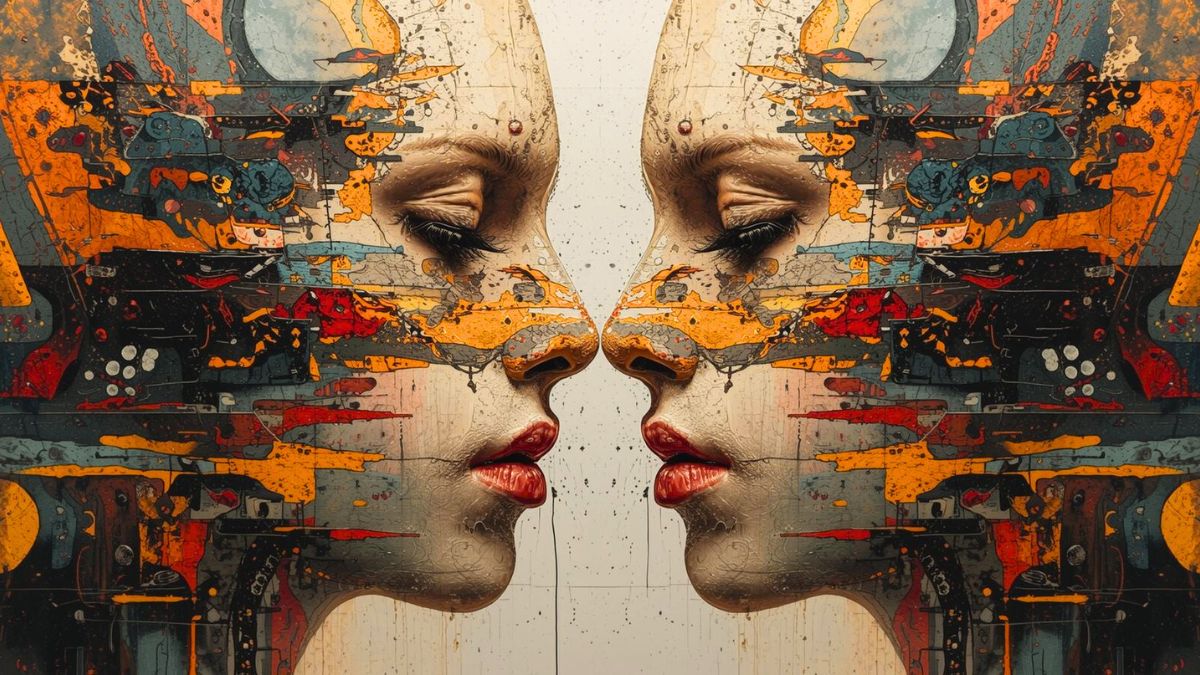
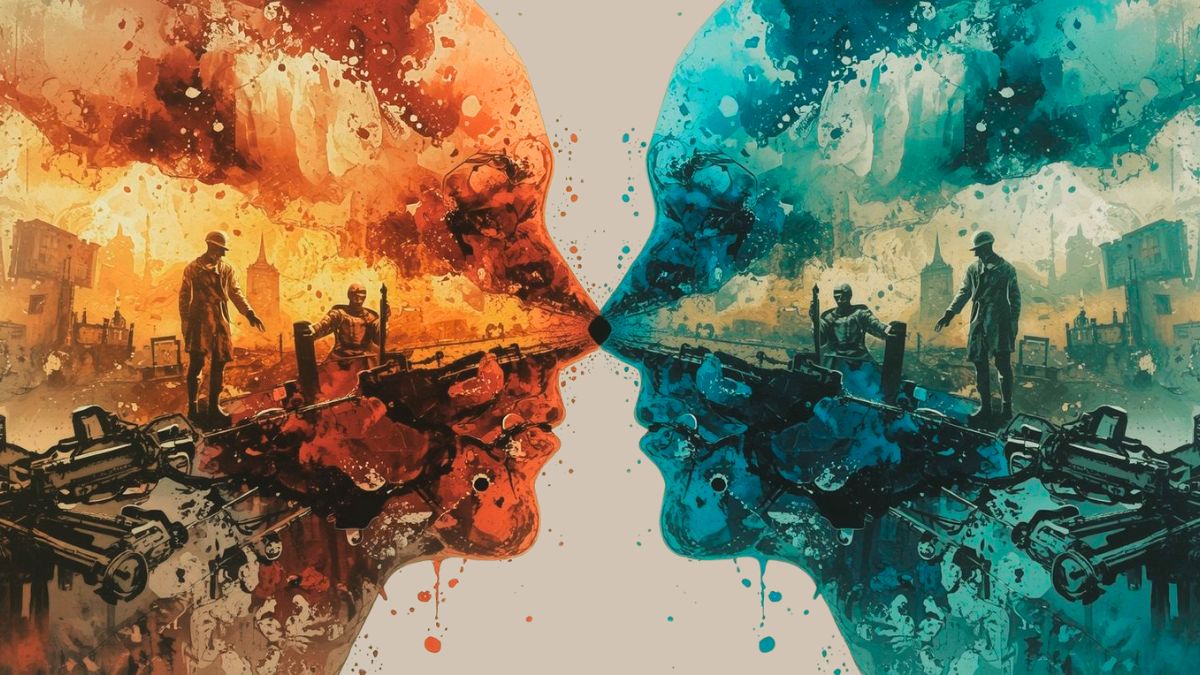
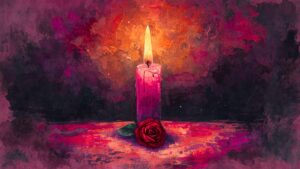






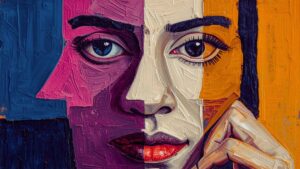

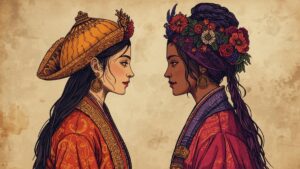
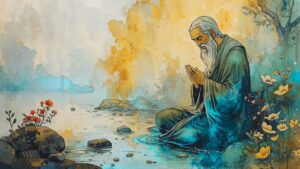
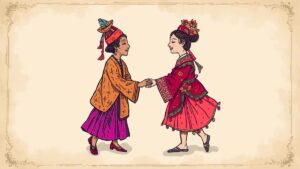

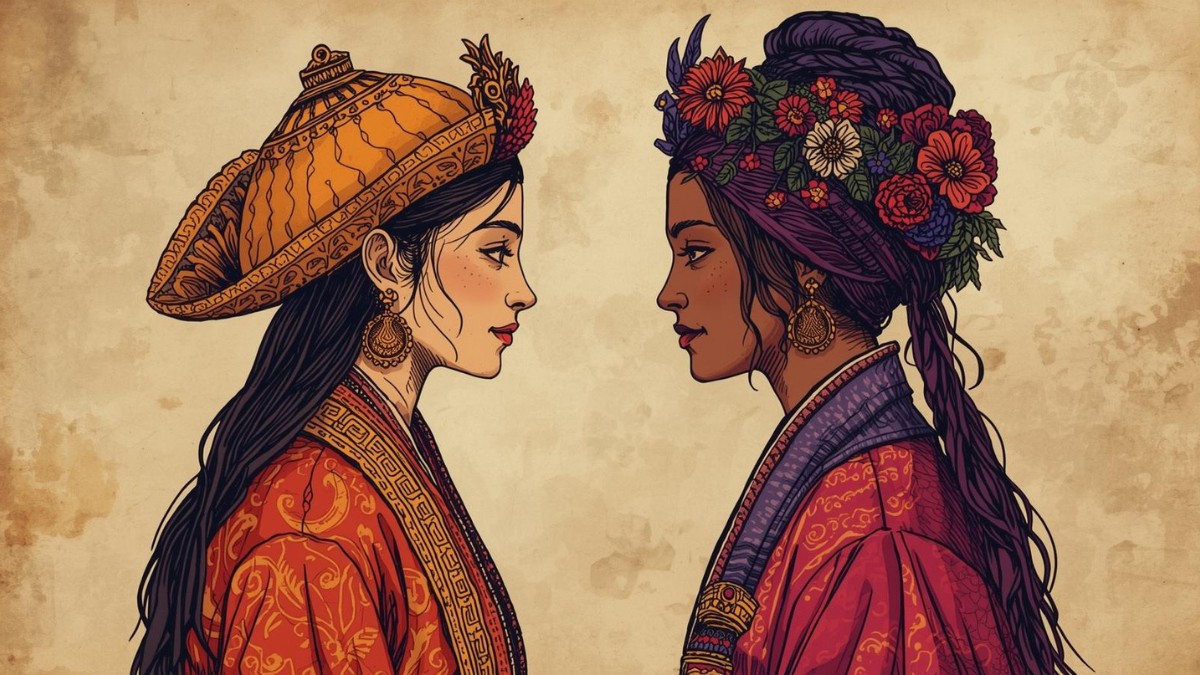
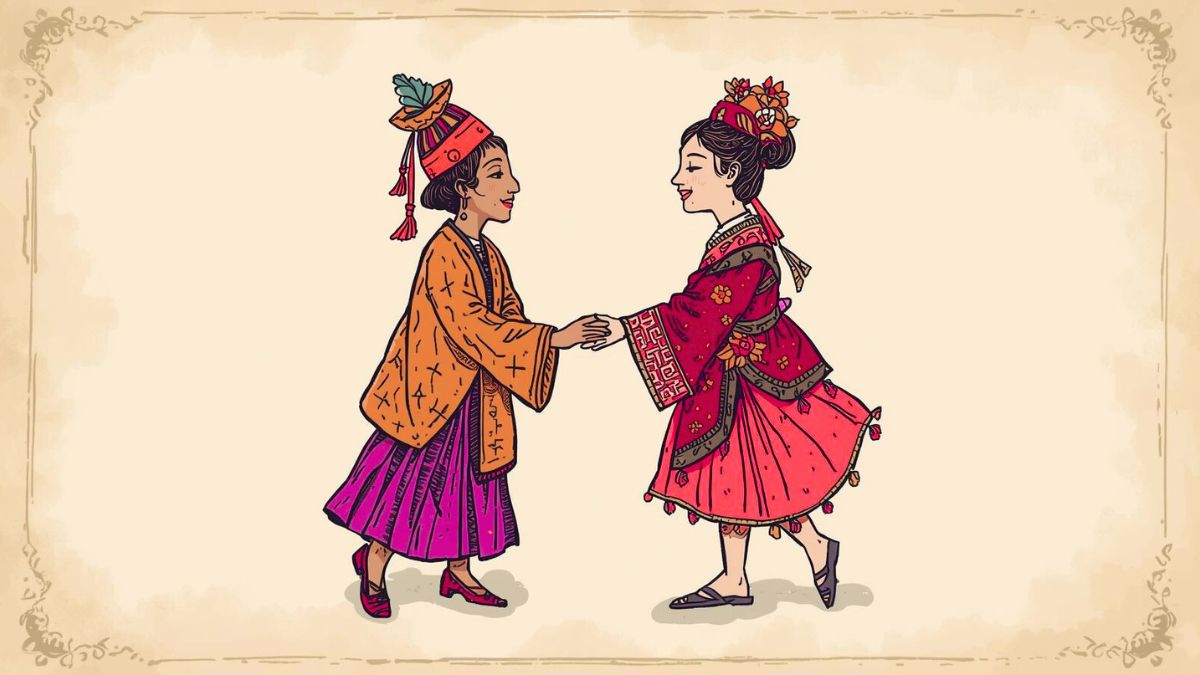
2 Responses
This article really reached me. I came upon it while doing some research for an article of my own and feel paused by its almost dizzying impact. It has really opened up my heart and made me see things from a perspective that resonates more deeply and truly with how I live and experience the world. It is written with such wisdom, conviction and spirit. I’m really feeling it in my senses and I feel deeply grateful for the embodied knowledge it so soulfully imparts.
Dear Alexandra, Thank you so much for your kind and thoughtful words. I am deeply grateful that the article resonated with you and offered a meaningful pause and perspective. Wishing you the very best with your article.